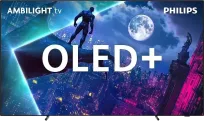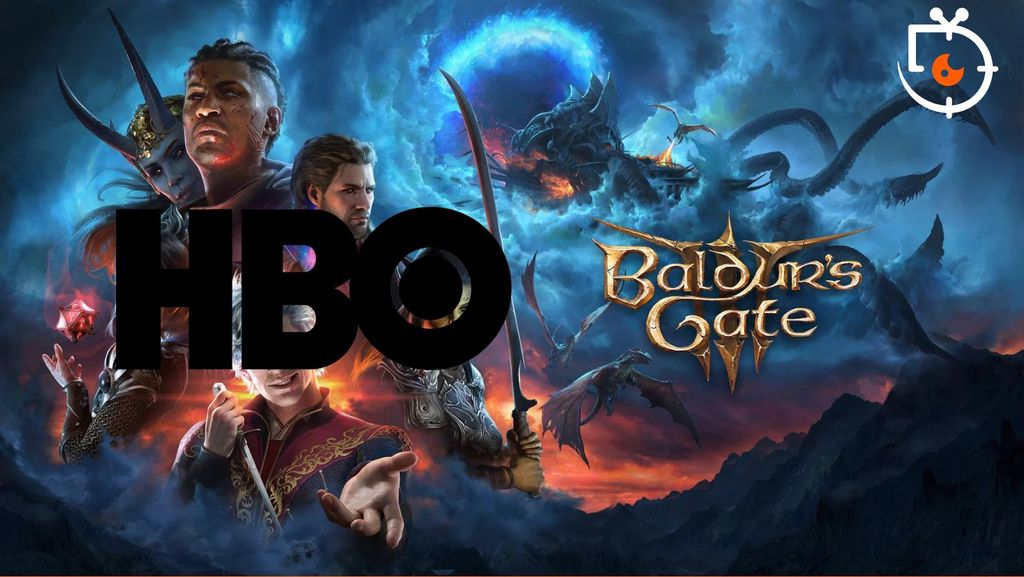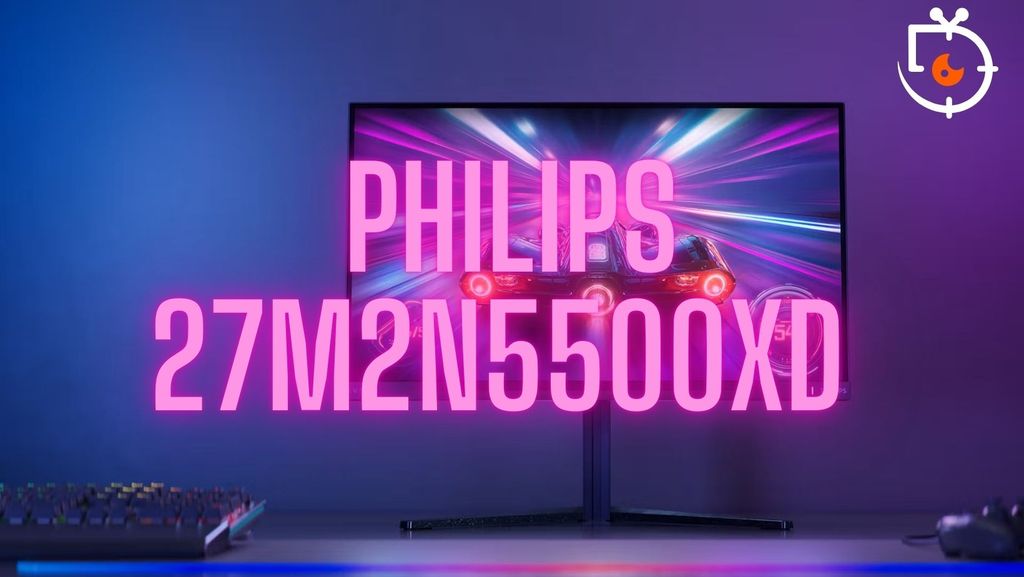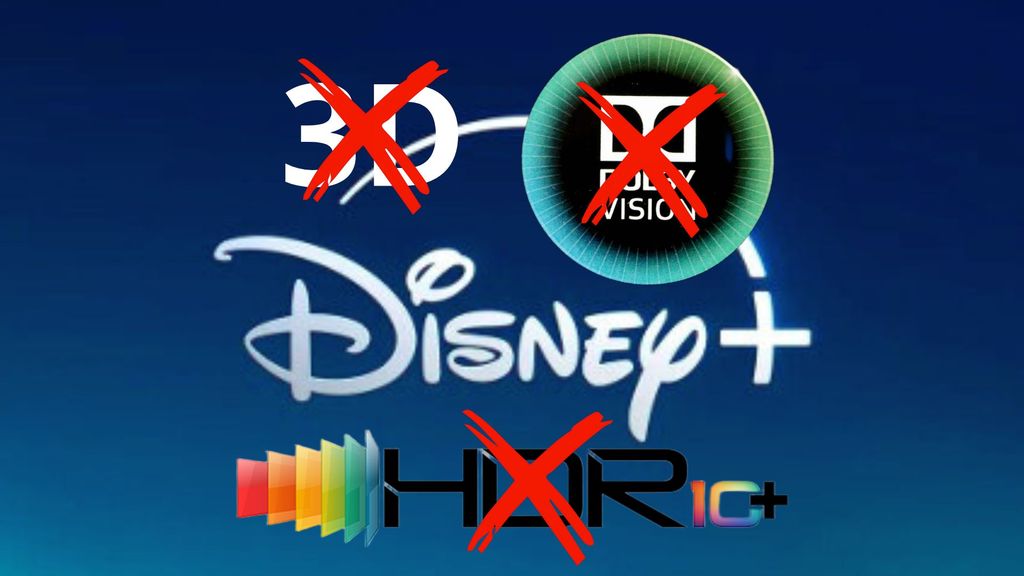
Marvel loves to tell the same story. Someone throws everything away, packs for a big adventure, gets knocked on the head, matures, and returns as a new person. The classic "hero's journey," which has been effective since the times of the Odyssey all the way to Thor and Black Panther. Ironheart, the fourteenth live-action series of the MCU on Disney+, wanted to take the same path. But somewhere along the way, it lost its compass.
Starts off promising like Tony Stark. But without his money
Riri Williams (Dominique Thorne) has already been introduced in Black Panther: Wakanda Forever as a young, brilliant engineer. Ironheart is meant to be her perfect prologue before she hits the big screen. And at first, everything's going smoothly: MIT, a brilliant student with an ego bigger than the campus, an Iron Man-inspired suit, getting expelled for helping with cheating and smashing up laboratories. Then a escape with a prototype to Chicago. All according to the Marvel checklist.
There’s even an echo of Tony – Riri is self-assured, a bit arrogant, and operates on her own terms. But there’s a fundamental difference: Stark had billions, and Riri is a young black girl from working-class Chicago. And this is where the story takes a turn.
The Hood: magic, cloak and a gang that steals only for itself
Parker Robbins, aka The Hood (the excellent Anthony Ramos), appears and offers her a classic devil's bargain: money to finish the project in exchange for joining the gang. Sounds like Robin Hood, but without the philanthropy – his crew steals from the rich to buy more toys for themselves. There are hackers, fiery psychos, warriors from the corner store.
Parker has a magic cloak that allows him to disappear and bend bullets like Neo. The magic comes in strong. And this is where the collision with science begins – something like WandaVision, just less consistent. Witches appear to make Riri aware that armour and math won't be enough. Something more is needed. But Riri isn't listening – classic.
Heists like from a VHS and a fight that doesn't impress
From the third episode, the gang starts on some serious jobs: they disable the underground transport, break into a secured greenhouse like in a heist movie from 2001. You can feel a bit of the vibe of The Fast and the Furious from the pre-supercar era and Gone in 60 Seconds. There's pace, there's humour, there's grit.
But when it comes to the actual action in the armour, it becomes disappointing. The fights are lacklustre, the stakes are low, they lack grandeur. It's not on the level of Iron Man versus Iron Monger. Not even Spider-Man versus Vulture. It's as if these fights were just meant to happen.
Criminals from the margins. But we have no reason to cheer for them...
Hodge (the show's creator) suggests that Parker's gang are victims of the system. Marginalised, forgotten. The thing is… we don’t know their story. We don’t know what hurts them, nor what they want aside from money. Their revenge lacks motive. Their thefts have no purpose.
Riri doesn't come off any better. She claims to want to protect her loved ones, but throughout the series, she doesn’t do so. Her actions are impulsive, self-centred. She acts because she can. Not because she should. And with each passing episode, she resembles an anti-heroine more than Iron Man.
Joe – wasted potential and 'Palpatine mode' out of nowhere
Then there's Joe McGillicuddy (Alden Ehrenreich), a black market inventor with a traumatic past involving a criminal father. Initially, he comes across as interesting: humble, technical, insecure. But then, like in a bad sequel, he gets upgrades and lightning powers out of nowhere. He transforms into a weapon of mass destruction, because... the script said so.
Instead of a subtle story about fathers and their mistakes, we get another crazy character with CGI. And all of this happens because Riri pulls him into the swamp.
N.A.T.A.L.I.E.: the spirit of a friend who becomes AI
The most emotionally powerful thread of the series is the friendship between Riri and Natalie (Lyric Ross), Riri's deceased friend who was killed in a shooting along with Riri's stepfather. The girl returns as AI – N.A.T.A.L.I.E. – accidentally generated during a scan of Riri's brain. She has the memories, personality, and voice of Natalie.
At first, there is a tension: Riri doesn't know if it's sacrilege. But over time, their relationship rebuilds – and this is where you really feel the heart. It's a bit like the transformation of J.A.R.V.I.S. into Vision, only less spectacular but more human.
Final? A wasted prologue, a wasted heroine
And just when we think that maybe this story will come to a close – that Riri has learned something – the finale hits. In the last scene, she gets another offer from another "magical jerk". And she makes another ridiculous decision. As if the entire series didn’t matter.
This ending conveys one message: no matter what you've been through, you'll sell your soul if the price is right. Sad? Yes. True? Perhaps. But is this what we expect from the origin story of a new MCU heroine?
Verdict: more frustration than heart
Ironheart had potential. Dominique Thorne, Anthony Ramos and the rest of the cast give it their all. But the script doesn’t give them anything to work with. The heroine doesn’t undergo a transformation. The antagonists are bland. And the finale undermines the whole story.
There are good moments – the heists, the chemistry with Natalie, a few emotional scenes. But the whole? Too cynical, too empty, too bland for something that was supposed to be a fresh start for Marvel.
 Katarzyna Petru
Katarzyna Petru













